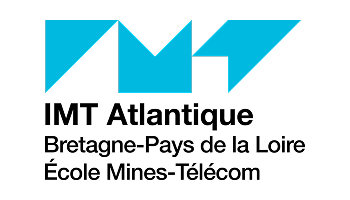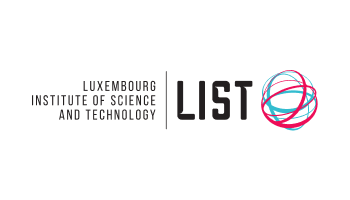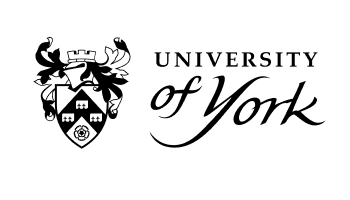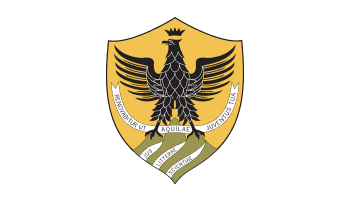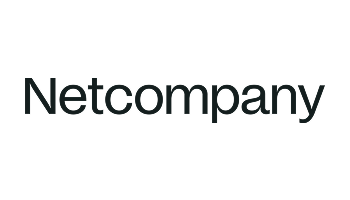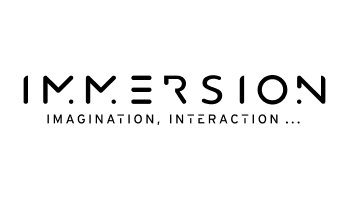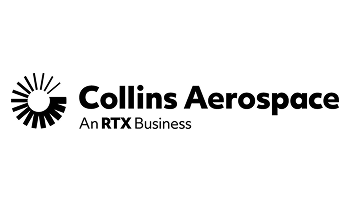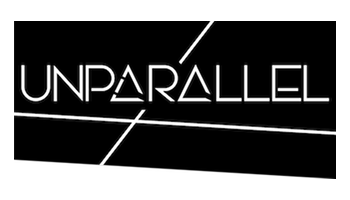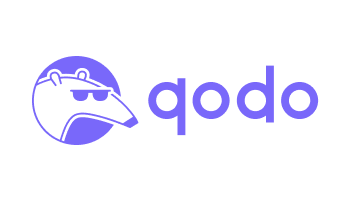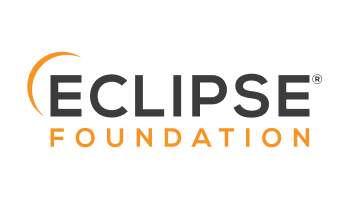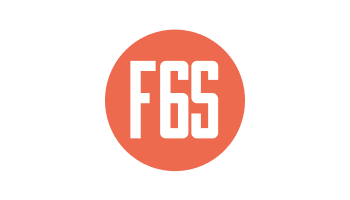ABOUT
MOSAICO will focus on:
Developing a Collaborative AI Platform
Creating a Suite of Intelligent Agents
Fostering Human-AI Collaboration
Ensuring Ethical and Responsible AI Development

MOSAICO aims to advance the state-of-the-art in software engineering by:
Improving developer productivity:
Enhancing software quality
Empowering developers:
OBJECTIVES
1.
2.
This will be achieved through the development and demonstration of a comprehensive portfolio of AI-powered tools and techniques for the entire software development lifecycle. Simultaneously, MOSAICO will champion the ethical and responsible development and deployment of AI agents, ensuring fairness, transparency, and human oversight.
3.

KEY SPECIFIC
OBJECTIVES
KSO1
KSO2
KSO3
KSO4
SO5
SO6
IMPACT
MOSAICO will enhance the accuracy, reliability, and efficiency of LLM-based agents in software engineering through collaborative AI-agent communities.
Its integrated platform will support communication, orchestration, governance, and benchmarking, validated across use cases in immersive technologies, banking, aerospace, and IoT. By open-sourcing the platform, MOSAICO ensures long-term adoption and fosters innovation in AI-driven software development.
Scalable AI-agent collaboration
Integrated platform
Real-world validation
Open-source future
WORKPLAN

WP1
AI-agent server protocol

WP2
Repository of AI agents for SE

WP3
Coordination and Collaboration of AI Communities

WP4
AI Community Governance and Supervision
WP4 focuses on establishing a robust governance framework for AI agent communities within the MOSAICO ecosystem. This includes defining a governance language, developing a decision engine, and implementing mechanisms for ensuring trust and transparency in agent interactions.

WP5
Use Cases, Integration, Validation and Evaluation

WP6 - WP7
Communication, Dissemination, Exploitation and Community building (phases 1 & 2)
These work packages are dedicated to disseminating MOSAICO’s results to a wide audience and ensuring the long-term exploitation of its outcomes.
Through targeted communication, community building, and open-source initiatives, WPs 6 and 7 will maximize the impact of MOSAICO on the software development community.

WP8 - WP9
Coordination and management (phases 1 & 2)
WP8 and WP9 are dedicated to the overall coordination and management of the MOSAICO project. These work packages encompass all aspects of project management, including financial management, risk management, quality assurance, and communication with the European Commission.
By ensuring effective coordination and efficient project execution, WP8-9 will contribute significantly to the successful achievement of MOSAICO’s scientific and technical objectives.
PARTNERS
MOSAICO brings together an excellent consortium of 12 partners from 9 different countries.
The consortium is composed of 2 Research centres/organisations, 2 Universities and 8 Industries & SMEs.
The consortium is well balanced and each partner has a clear role defined and brings a specific contribution along the value chain of the project.
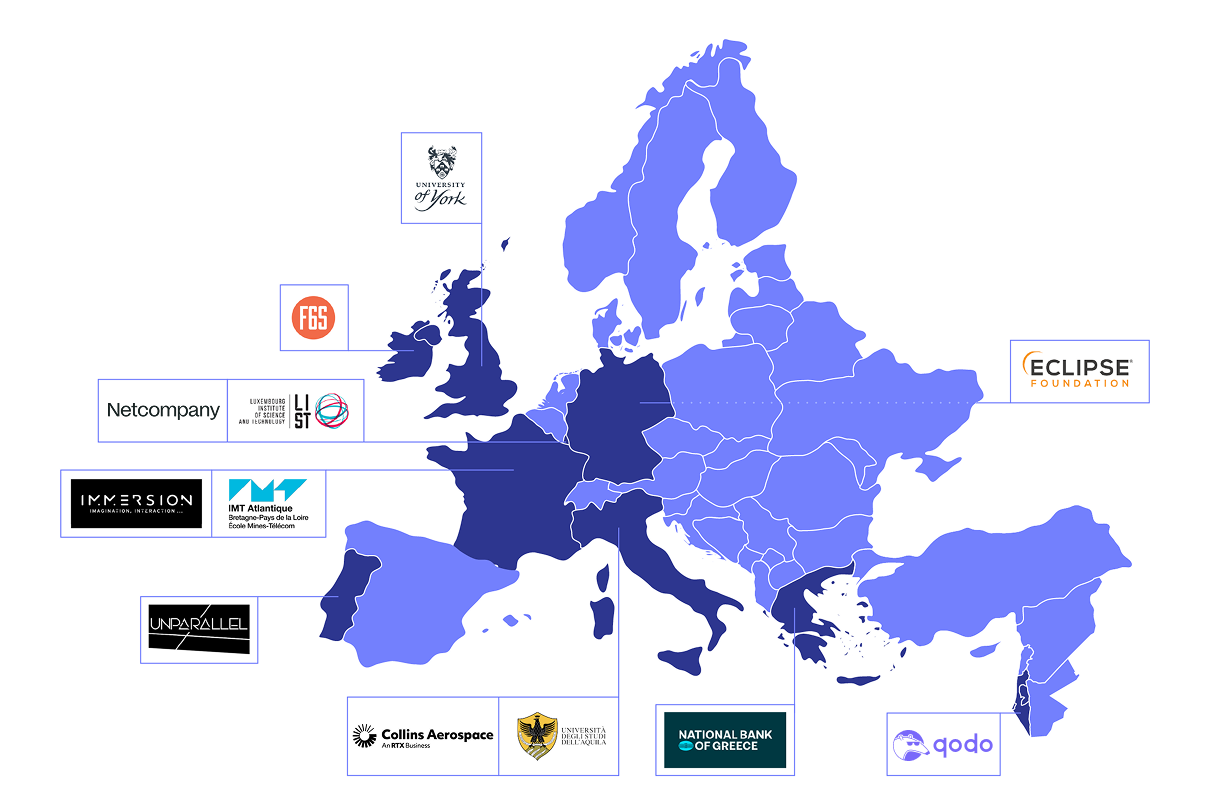
1. Institut Mines-Télécom Atlantique (IMT)
Institut Mines-Telecom (IMT), including IMT Atlantique, is a leading technological university specialising in digital technology, energy, and the environment. IMT is internationally recognised for its research on automated tools for software engineers, with a strong emphasis on the construction and processing of software models. Its tools, such as ATL, MoDisco, and EMF Views, have become standard solutions in the Eclipse environment and have been instrumental in advancing software modelling practices.
Key Strengths:
- Pioneering expertise in software modelling: IMT focuses on leveraging software models as a high-level abstraction tool, enabling seamless communication between humans and AI, as well as among AIs, to facilitate cooperative software design and operation.
- Leadership in AI for software engineering: IMT has integrated deep learning into software modelling, with significant contributions to generative AI, deep graph learning, and reinforcement learning for tasks such as traceability links, code alignment, and model generation.
- Proven track record in tool orchestration: Through its coordination of the Lowcomote project and contributions to other high-profile initiatives, IMT has developed extensive expertise in the orchestration of SE tools and AI components for tasks like reverse engineering, testing, certification, and code generation.
Role in MOSAICO:
IMT will lead Work Packages 3, 8, and 9. In WP3, it will study and develop orchestrators for AI agents, leveraging its dual expertise in AI and software modelling. IMT will also contribute to WP1 with its background in protocols for software modelling and debugging tools, and in WP9, it will ensure the coordination and dissemination of project outcomes, drawing on its leadership experience in R&I projects.
2. LUXEMBOURG INSTITUTE OF SCIENCE AND TECHNOLOGY (LIST)
Luxembourg Institute of Science and Technology (LIST) is a Research and Technology Organisation (RTO) that specialises in developing market-oriented product and service prototypes for public and private stakeholders. Through its ITIS department, LIST drives the digital transformation of traditional operations and ecosystems, enhancing organisational performance and innovation capacity.
Key Strengths:
- Expertise in software engineering: LIST has extensive experience in developing both proprietary and open-source software solutions, including low-code platforms and chatbot technologies.
- Specialisation in AI and NLP: The institute has conducted advanced research in natural language processing, generative AI technologies, and governance languages, which are particularly relevant for designing supervisory bots that collaborate and reach consensus.
- Cutting-edge infrastructure: LIST hosts the AIDA platform, a hybrid infrastructure that supports artificial intelligence and data analytics activities. This platform strengthens LIST’s position as a leader in AI and will be instrumental for agent training in MOSAICO.
Role in MOSAICO:
As the leader of Work Package 4, LIST will develop advanced supervisory bots and decision-making engines, leveraging its NLP expertise and governance language capabilities. Additionally, the AIDA platform will be utilised to train AI agents, further supporting the objectives of MOSAICO.
3. UNIVERSITY OF YORK (UY)
University of York (UY) is represented in MOSAICO by its Automated Software Engineering research group, known for pioneering methods and tools for the automated analysis, design, development, deployment, and management of complex software-intensive systems. With extensive expertise in scalable model-driven approaches and distributed systems, UY contributes cutting-edge solutions to the software engineering field.
Key Strengths:
- Expertise in model-driven engineering: UY has led innovations such as the Eclipse Hawk project, developing scalable model indexing and querying solutions that reduce development efforts and enhance efficiency in distributed systems.
- Proficiency in protocol design: The university specializes in designing and leveraging protocols, including the Graphical Language Server Protocol and event-driven approaches, to enable advanced IDE functionalities and optimize system performance.
- Experience in distributed data analytics: Drawing from the TYPHON EU project, UY excels in designing polyglot distributed data analytics systems capable of providing live insights and monitoring complex queries.
- High-performance computing capabilities: UY manages the Viking research computing cluster, offering substantial CPU and GPU resources to support demanding tasks such as AI model fine-tuning.
Role in MOSAICO:
As the leader of Work Package 1, UY will design the protocol to manage AI agents, ensuring seamless interaction and monitoring of their performance. Leveraging its expertise in distributed systems, model-driven engineering, and advanced analytics, UY will play a critical role in the development and optimization of MOSAICO’s AI agent ecosystem.
4. Università degli Studi dell'Aquila (UDA)
Università degli Studi dell’Aquila (UDA) is a public university in Italy with extensive expertise in software engineering and artificial intelligence. The members involved in MOSAICO are part of the Department of Information Engineering, Computer Science, and Mathematics, bringing years of experience in national and international projects such as TYPHON, CROSSMINER, LearnPAD, and OSSMETER
Key Strengths:
- Expertise in software engineering: UDA has made significant contributions to model-driven development, recommender systems, and the mining and analysis of software repositories.
- Proficiency in AI technologies: The university specializes in leveraging AI-based approaches for developing recommender systems and creating Domain-Specific Languages (DSLs) to support complex software systems and distributed coordination.
- Track record in research and collaboration: UDA has a strong history of partnerships with telecommunications companies and active participation in high-impact research projects.
Role in MOSAICO:
As the leader of Work Package 2, UDA will devise a comprehensive repository of AI agents, incorporating advanced search, assessment, and recommendation functionalities. By leveraging its expertise in software engineering and AI, UDA aims to streamline the discovery, evaluation, and integration of AI agents, playing a pivotal role in advancing the objectives of MOSAICO.
5. NETCOMPANY
Netcompany-Intrasoft is a leading European IT solutions and services provider, renowned for its innovation, technical expertise, and ability to deliver complex, mission-critical projects. With headquarters in Luxembourg and operations across Belgium, Greece, Romania, and the USA, the company employs over 3,900 professionals from more than 50 nationalities, fostering a diverse and inclusive culture.
Key Strengths:
- Commitment to innovation and quality: Netcompany-Intrasoft excels in delivering high-value, reliable IT solutions tailored to the needs of both public and private sector organizations worldwide.
- Agile development expertise: The company emphasizes modular, secure, and scalable application development through agile methodologies such as Scrum, SAFe, and NEXUS, ensuring adaptability and efficiency.
- Microservices and DevOps leadership: With deep expertise in microservices architecture and DevOps practices, Netcompany-Intrasoft supports seamless migrations, API-centric development, and production-ready container management.
Role in MOSAICO:
As the leader of Work Package 5, Netcompany-Intrasoft will oversee the integration of advanced technologies, ensuring the successful delivery of innovative and scalable IT solutions that meet the consortium’s goals.
6. Immersion (IMM)
Immersion (IMM) is a leading company specialising in virtual reality, augmented reality, and collaborative solutions for industry and research. Renowned for creating immersive 3D experiences, IMM invents, prototypes, and delivers innovative solutions tailored to the needs of long-standing clients. As a recognised Microsoft HoloLens Partner, IMM deploys Mixed Reality technologies to drive digital transformation across industries.
Key Strengths:
- Expertise in Mixed Reality: IMM has a strong track record in developing mixed reality solutions for diverse industries, including automotive, aerospace, healthcare, architecture, and education.
- Innovation in 3D content generation: IMM excels in creating advanced 3D interaction and visualisation technologies, fostering innovation for next-generation devices and collaborative environments.
- Proven research capabilities: The company combines multi-disciplinary expertise and extensive research experience, making it a trusted partner for cutting-edge projects in immersive technologies.
Role in MOSAICO:
IMM will provide a use case focused on leveraging the AI agents’ community to generate energy-efficient 3D content for mixed reality devices. With its deep knowledge of the Mixed Reality domain and expertise in 3D content creation, IMM will play a pivotal role in demonstrating the practical application of MOSAICO technologies.
7. National Bank of Greece (NBG)
The National Bank of Greece (NBG) is a global banking and financial services company headquartered in Athens, Greece. As the largest Greek bank by total assets, NBG provides a wide range of financial products and services to corporate, institutional, private, and business clients. These services include banking, brokerage, insurance, asset management, shipping finance, leasing, and factoring.
Key Strengths:
- Expertise in financial technology: NBG leverages advanced financial technologies to offer innovative and tailored solutions to its clients, ensuring high-quality service delivery.
- Track record in research and development: Building on its involvement in the H2020 INFINITECH project, NBG has demonstrated its ability to integrate cutting-edge technologies into financial services.
- Commitment to personalised services: The bank is dedicated to enhancing customer experiences through data-driven solutions, including personalised investment recommendation systems.
Role in MOSAICO:
As a use case provider, NBG will extend its personalised investment recommendation system, developed during the H2020 INFINITECH project, by integrating the AI agents’ community from MOSAICO. This initiative will validate the contribution of AI agents to software development, further advancing the bank’s commitment to innovation in financial services.
8. ADVANCED LABORATORY ON EMBEDDED SYSTEMS SRL (Collins Aerospace)
The Advanced Laboratory on Embedded Systems S.R.L., fully owned by Collins Aerospace, is part of its Applied Research and Technology Centre in Italy. Collins Aerospace specialises in the design and verification of embedded systems, focusing on contract-based design, hybrid system modelling and analysis, and virtual integration and testing of safety-critical systems and software. As a key driver of Collins Aerospace’s digital transformation mission, Collins Aerospace adopts advanced Model-Based Engineering practices, digital thread and digital twin technologies, and AI in systems and software engineering.
Key Strengths:
- Expertise in safety-critical systems: Collins Aerospace is a leader in virtual integration and testing, ensuring reliability and safety in embedded systems for aerospace applications.
- Pioneering digital transformation: The laboratory develops advanced Model-Based Engineering technologies to support rapid adoption across Collins Aerospace businesses.
- Leadership in AI applications: Collins Aerospace leverages AI technologies, including large language models (LLMs), to enhance the software development lifecycle, from requirements validation to code generation and testing.
Role in MOSAICO:
Collins Aerospace will provide a use case focused on employing AI agents (e.g., LLMs) for developing assurance artefacts in the aerospace sector, with a specific emphasis on a Remaining Useful Life (RUL) use case. This includes exploring collaboration among AI agents for tasks such as requirements decomposition, code generation, documentation, and test generation. Collins Aerospace will utilise its internal LLMOps infrastructure to deploy the MOSAICO platform and benchmark AI agent communities for its use case.
9. UNPARALLEL INNOVATION LDA (UNP)
UNPARALLEL Innovation, Lda (UNP) is a Portuguese SME specialising in the development of digital technologies and high-value consulting services. UNP creates a diverse range of products, from hardware devices to software and web solutions, targeting key markets such as the Internet of Things (IoT), Industrial IoT, Smart Factories, Agri-food instrumentation, Smart Cities, and Water-smart Systems.
Key Strengths:
- Expertise in IoT solutions: UNP is a leader in providing innovative IoT products and services, helping users explore, develop, and implement digital technologies in various industries.
- Owner of IoT-Catalogue: UNP develops and maintains the IoT-Catalogue (www.iot-catalogue.com), a web-based platform that serves as a one-stop source for IoT use cases, products, and applications, promoting knowledge sharing and collaboration.
- Focus on reusability: UNP prioritises reusability in software development, ensuring efficient and sustainable practices across its projects.
Role in MOSAICO:
UNP will provide a use case centred around its IoT-Catalogue platform, with a special focus on reusability of software in company code. By leveraging its expertise in IoT and digital solutions, UNP will contribute to advancing the MOSAICO platform and demonstrating its applicability in real-world IoT environments.
10. Qodo
Qodo is an Israeli company dedicated to advancing artificial intelligence technologies to simplify and revolutionize code testing, verification, and integrity. With a focus on creating tools that enhance the software development lifecycle, Qodo is at the forefront of innovation in AI-augmented solutions for software engineering.
Key Strengths:
- Pioneering AI-augmented tools: Qodo develops IDE and Git plugins, including open-source solutions, which have achieved over 500,000 downloads in less than a year.
- Expertise in AI research and development: The company leads advanced AI research, including designated models like TestGPT, agent systems such as AlphaCodium, and cutting-edge prompt and flow engineering.
- Experienced leadership: The founding team, formerly part of Alibaba Cloud, brings extensive expertise in model training and fine-tuning, having developed Alibaba’s AutoML solution.
R&I Added Value:
Qodo’s innovative tools and research initiatives, combined with its experience in developing and fine-tuning AI models, position it as a key contributor to projects that aim to enhance software engineering processes through advanced AI-driven solutions.
11. Eclipse Foundation Europe GmbH
Eclipse Foundation Europe GmbH is the German subsidiary of the Eclipse Foundation AISBL, established in Belgium. Since January 2021, it has focused on supporting and expanding the vibrant and growing Eclipse open-source community in Europe. As one of the world’s leading open-source organisations, the Eclipse Foundation is committed to fostering collaboration and innovation in the global developer ecosystem.
Key Strengths:
- Global open-source community leader: The Eclipse Foundation supports over 430 projects, involving more than 2,000 committers and 340+ member organisations, with an estimated 18 million active developers using its technologies.
- Strong European presence: With half of its user community and member companies based in Europe, the Foundation plays a pivotal role in driving open-source innovation on the continent.
- Comprehensive development ecosystem: Since its inception in 2001, the Eclipse Foundation has continually enriched its portfolio, offering developers a complete suite of tools and programming languages, from code conception to deployment.
Community Building Added Value:
Hosting MOSAICO’s open code at the Eclipse Foundation will enhance its portfolio and provide the project with a robust platform for collaboration, visibility, and long-term sustainability in the global developer community.
12. F6S Network
F6S Network is one of Europe’s leading platforms for application management and the largest global startup community, connecting over 1.6 million tech startups and 2.9 million entrepreneurs. Through its platform (www.f6s.com), F6S delivers extensive deal flow, corporate challenges, and structured programs, reaching more than 5 million users annually.
Key Strengths:
- Global startup community leader: F6S fosters innovation and entrepreneurship, serving as a central hub for startups, corporates, and investors.
- Expertise in events and outreach: F6S organises events, seminars, workshops, and conferences across Europe and beyond, leveraging its extensive network to maximize impact.
- Proven Horizon Europe experience: With participation in over 60 Horizon Europe projects, F6S excels in managing dissemination and communication activities, supported by a dedicated team of 50+ expert project managers.
Role in MOSAICO:
As the leader of Work Packages 6 and 7, F6S will spearhead the project’s dissemination and communication efforts, building collaborations with existing projects, fostering synergies with European initiatives, and driving MOSAICO’s visibility and impact through its extensive network and outreach strategies.
